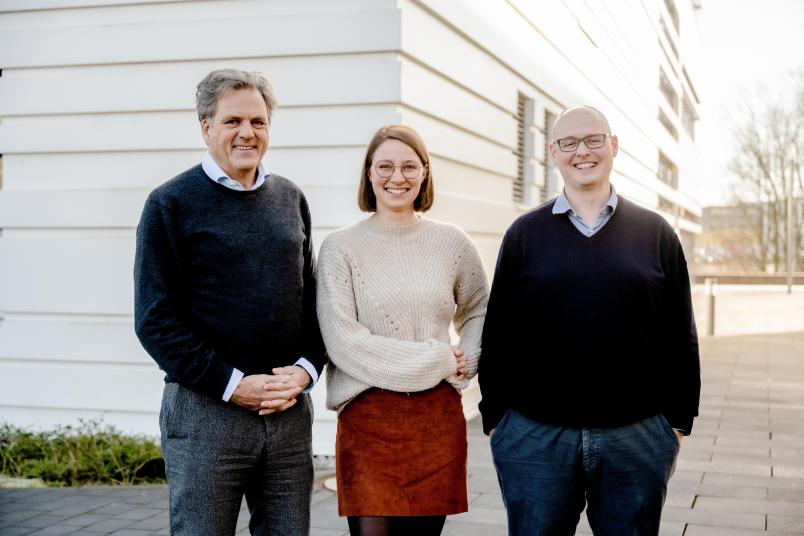
Personalised medicine
AI with infrared imaging enables precise colon cancer diagnostics
Artificial intelligence and infrared imaging automatically classify tumours and are faster than previous methods.
The immense progress in the field of therapy options over the past years has significantly improved the chances of cure for patients with colon cancer. However, these new approaches, such as immunotherapies, require precise diagnosis so that they can be specifically tailored to the individual. Researchers at the Centre for Protein Diagnostics PRODI at Ruhr University Bochum, Germany, are using artificial intelligence in combination with infrared imaging to optimally tailor colon cancer therapy to individual patients. The label-free and automatable method can complement existing pathological analyses. The team led by Professor Klaus Gerwert reports in the “European Journal of Cancer” in January 2023.
Deep insights into human tissue within one hour
The PRODI team has been developing a new digital imaging method over the last years: the so-called label-free infrared (IR) imaging measures the genomic and proteomic composition of the examined tissue, i.e. provides molecular information based on the infrared spectra. This information is decoded with the help of artificial intelligence and displayed as false-colour images. To do this, the researchers use image analysis methods from the field of deep learning.
In cooperation with clinical partners, the PRODI team was able to show that the use of deep neural networks makes it possible to reliably determine the so-called microsatellite status, a prognostically and therapeutically relevant parameter, in colon cancer. In this process, the tissue sample goes through a standardised, user-independent, automated process and enables a spatially resolved differential classification of the tumour within one hour.
Indication of the effectiveness of therapies
In classical diagnostics, microsatellite status is determined either by complex immunostaining of various proteins or by DNA analysis. “15 to 20 per cent of colon cancer patients show microsatellite instability in the tumour tissue,” says Professor Andrea Tannapfel, head of the Institute of Pathology at Ruhr University. “This instability is a positive biomarker indicating that immunotherapy will be effective.”
With the ever-improving therapy options, the fast and uncomplicated determination of such biomarkers is also becoming more and more important. Based on IR microscopic data, neuronal networks were modified, optimised, and trained at PRODI to establish label-free diagnostics. Unlike immunostaining, this approach does not require dyes and is significantly faster than DNA analysis. “We were able to show that the accuracy of IR imaging for determining microsatellite status comes close to the most common method used in the clinic, immunostaining,” says PhD student Stephanie Schörner. “Through constant further development and optimisation of the method, we expect a further increase in accuracy,” adds Dr. Frederik Großerüschkamp.